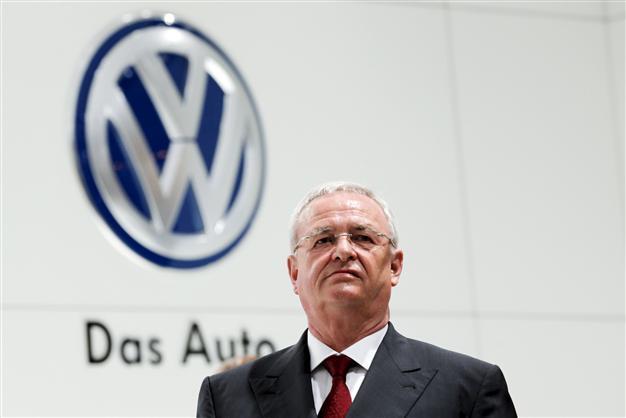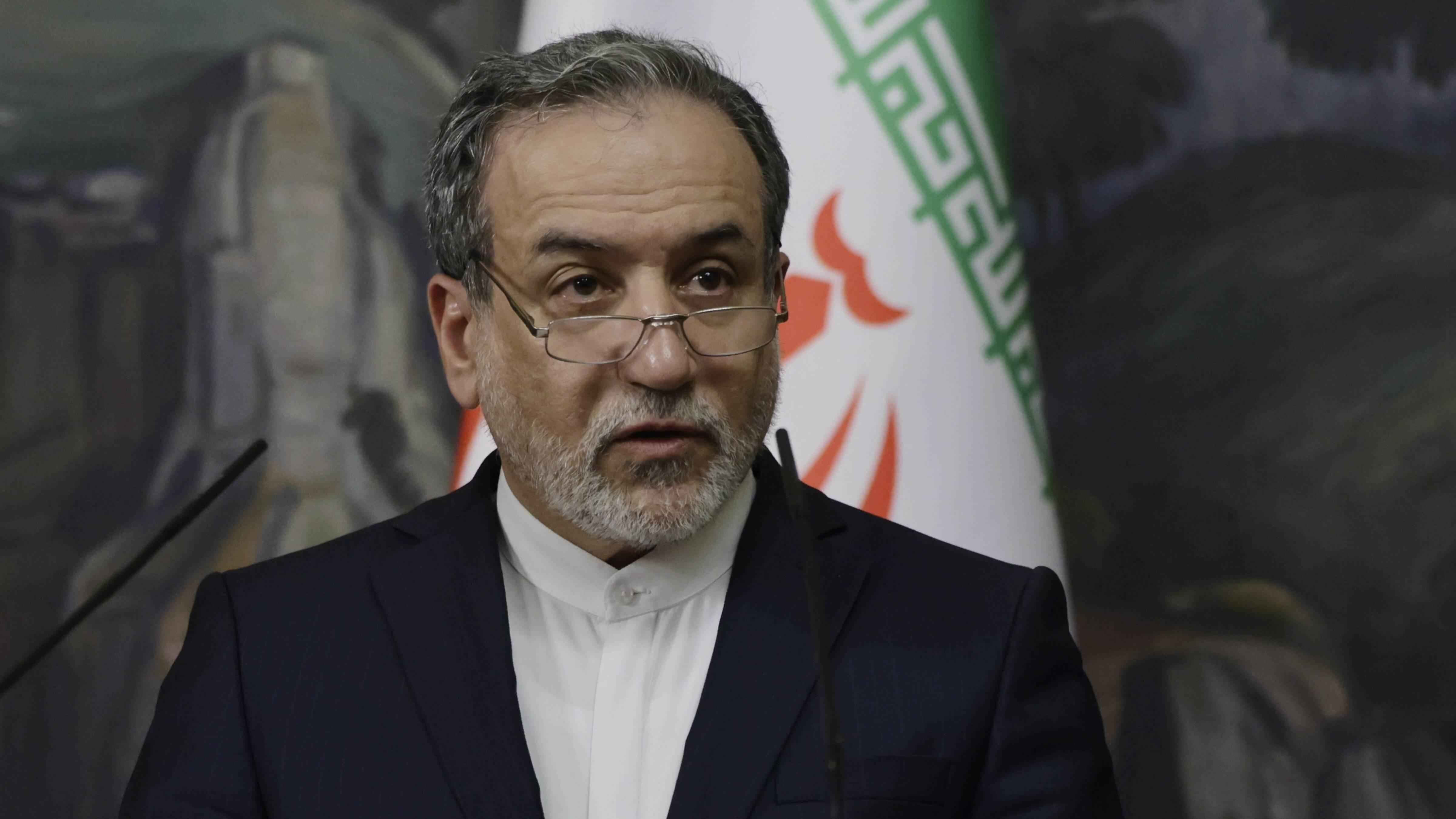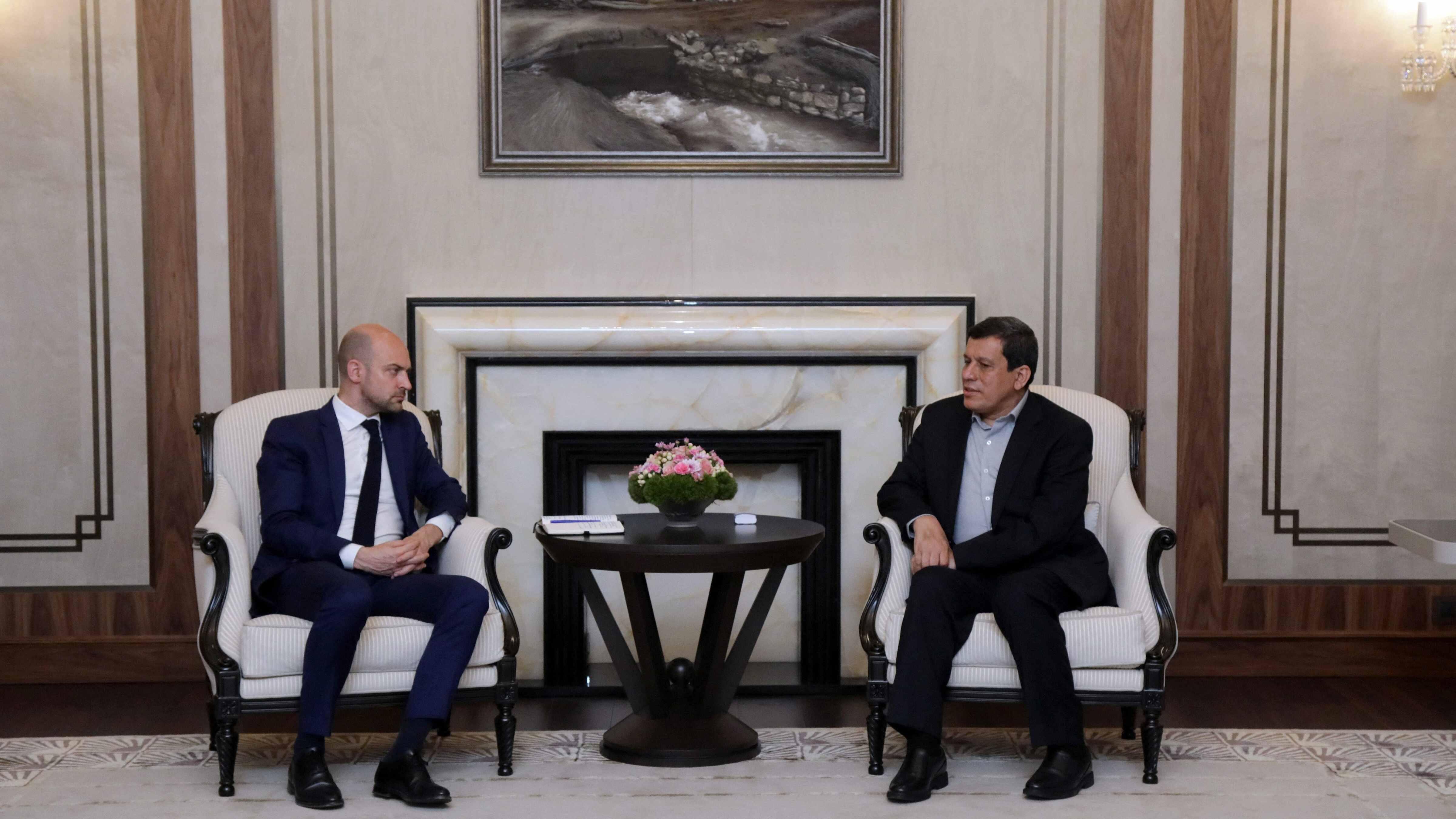VW chief quits as cheating scandal snowballs
WOLFSBURG, Germany - Agence France-Presse

Volkswagen Chief Executive Martin Winterkorn stands at the Volkswagen booth at the world's largest industrial technology fair, the Hannover Messe, in Hanover, in this file picture taken April 13, 2015. Reuters Photo
Volkswagen chief executive Martin Winterkorn resigned on Sept.23 over a pollution cheating scandal that has sparked a US criminal investigation and worldwide legal action with unfathomable financial consequences for the auto giant."I am shocked by the events of the past few days. Above all, I am stunned that misconduct on such a scale was possible in the Volkswagen Group," Winterkorn said in a statement issued by the carmaker.
"Volkswagen needs a fresh start -- also in terms of personnel. I am clearing the way for this fresh start with my resignation."
The stock market barely flinched at the news.
Following a two-day free fall that had axed 35 percent -- or 25 billion euros ($28 billion) -- off the company's market value on Sept.21 and 22, the shares had bounced back on Wednesday closing 5.19 percent higher at 111.50 euros after Winterkorn's announcement.
Even if the haemorrhage on the markets may have abated, Volkswagen, the world's largest auto manufacturer by sales in the first half of this year, still faces a growing tangle of legal threats after it admitted that as many as 11 million of its diesel cars worldwide are equipped with software capable of fooling official pollution tests.
In addition to investigations from France to South Korea, public prosecutors in Germany also said they were examining information and evaluating legal suits already filed against the company by a number of private individuals to decide whether to launch a full criminal inquiry against those responsible at VW.
A day after Winterkorn had offered his "deepest apologies", the 68-year-old said he accepted his "responsibility for the irregularities that have been found in diesel engines".
But he also insisted: "I am not aware of any wrongdoing on my part."
His widely predicted departure came after a meeting of the supervisory board's six-member steering committee in Wolfsburg.
A new chief executive is to be named on Sept.25, and other personnel changes were expected, the board said.
According to the US authorities, VW has admitted that it equipped about 482,000 cars in the United States with sophisticated software that covertly turns off pollution controls when the car is being driven.
It turns them on only when it detects that the vehicle is undergoing an emissions test.
With the so-called "defeat device" deactivated, the car can spew pollutant gases into the air, including nitrogen oxide, in amounts as much as 40 times higher than emissions standards, said the US Environmental Protection Agency (EPA).
The EPA, which announced the allegations Friday along with California state authorities, is conducting an investigation that could lead to fines amounting to a maximum of more than $18 billion.
The US Department of Justice has also launched a criminal inquiry led by its environment and natural resources division, a source told AFP, speaking on condition of anonymity.
The California Air Resources Board, too, is investigating Volkswagen's pollution violations.
New York Attorney General Eric Schneiderman said he had launched his own probe of Volkswagen and would work on it with prosecutors from other states across the United States.
Private law firms are lining up to take on the German company, with a class action suit already being filed by a Seattle law firm.
VW has halted all diesel vehicles sales in the United States during the investigations.
The scale of the exposed deception expanded dramatically on Sept.22 when Volkswagen said that as many as 11 million diesel vehicles worldwide may have the same "anomalies."
The full impact on the reputation of Volkswagen, which was founded in 1930 to build an affordable family car, is hard to measure.
The scandal has already hit the share price of other car makers, buffeting international stock markets.
Volkswagen, whose parent company also owns brands including Audi, Skoda and Lamborghini, has set aside 6.5 billion euros in provisions for the third quarter to cover the potential costs of the revelations.
While the scandal has been restricted to Volkswagen so far, environmental protection groups, particularly in Germany, suspect other car makers may be using similar technology.
The European carmakers' association ACEA said that while it recognised the gravity of the affair, "there is no evidence to suggest that it's a problem across the whole industry."
And the German carmakers' federation VDA insisted that diesel engine technology itself was not in question.
But the EPA has said it will screen for defeat devices in other manufacturers' diesel vehicles now on the road, although it declined to identify which brands would be tested.
German Transport Minister Alexander Dobrindt said a special commission of inquiry had travelled to VW's headquarters on Sept.23.
France, Britain and other nations have called for a Europe-wide investigation.
South Korean officials summoned VW representatives for explanations on Sept.29, saying tests would be started by "no later than next month."
The United Nations has described the revelations as "extremely troubling."
The German company is likely to face tough questioning in the US House of Representatives' energy and commerce committee, which announced plans for a hearing in the coming weeks.
















